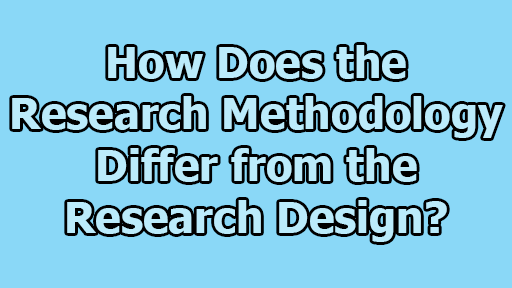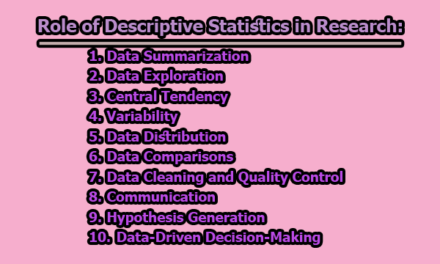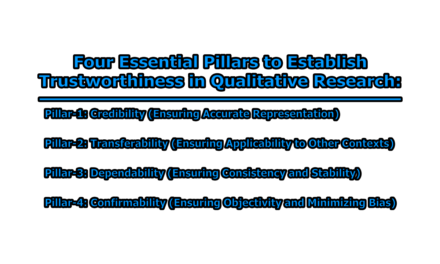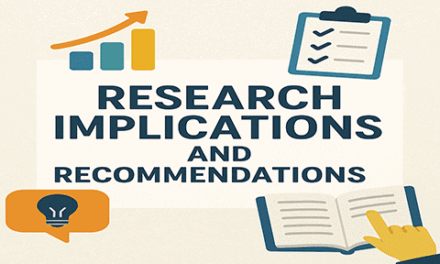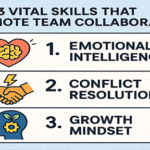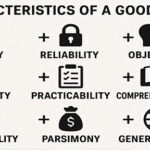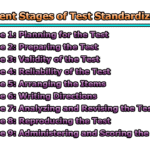How Does the Research Methodology Differ from the Research Design?
Research is a systematic and structured process aimed at acquiring new knowledge, solving problems, or exploring phenomena. Two essential elements in the research framework are research methodology and research design, each playing a distinct yet interconnected role in the overall research process. Here, we are going to explore how does the research methodology differ from the research design?
Research Methodology:
Meaning: Research methodology refers to the overarching strategy or plan that outlines the systematic process for conducting research. It encompasses the principles, procedures, and rules guiding the research process, including data collection, analysis, and interpretation.
Components: Methodology includes the choice of research methods (qualitative, quantitative, or mixed methods), data collection techniques, sampling strategies, and the rationale behind these choices.
Focus: It provides an overview of the entire research process, guiding researchers in their approach to addressing research questions or objectives.
Research Design:
Meaning: Research design is a specific blueprint or structure that outlines the details of how a research study will be conducted. It is a subset of the overall methodology, focusing on the specific steps, procedures, and techniques employed in the study.
Components: Design includes the specific methods for data collection, the selection of participants (if applicable), the timeline for the study, and the overall structure of the research.
Focus: It addresses the logistics of the research process and is concerned with the practical implementation of the methodology.
Key Differences:
1. Scope:
- Research Methodology: Encompasses the broader principles, guidelines, and rationale for the entire research process.
- Research Design: Focuses on the specific details and logistics of how the research study will be conducted.
2. Level of Detail:
- Research Methodology: Provides a high-level overview, explaining the general approach and philosophy guiding the research.
- Research Design: Offers a detailed plan specifying the practical steps, procedures, and techniques to be used in the study.
3. Flexibility:
- Research Methodology: Allows for flexibility in terms of the overall approach and research methods chosen.
- Research Design: Provides a structured framework with less flexibility, as it outlines the specific steps to be followed during the study.
4. Timing:
- Research Methodology: Developed early in the research process and informs the overall strategy.
- Research Design: Developed after the methodology and involves the concrete planning for the study.
5. Implementation:
- Research Methodology: Guides the entire research process, from the formulation of research questions to data analysis and interpretation.
- Research Design: Guides the practical implementation of the methodology, focusing on the day-to-day details of the research study.
In conclusion, while research methodology provides the overarching plan and principles guiding the research, research design delves into the specific details of how the study will be conducted, outlining the practical steps and procedures to be followed. The design is a component within the broader methodology.

Assistant Teacher at Zinzira Pir Mohammad Pilot School and College

